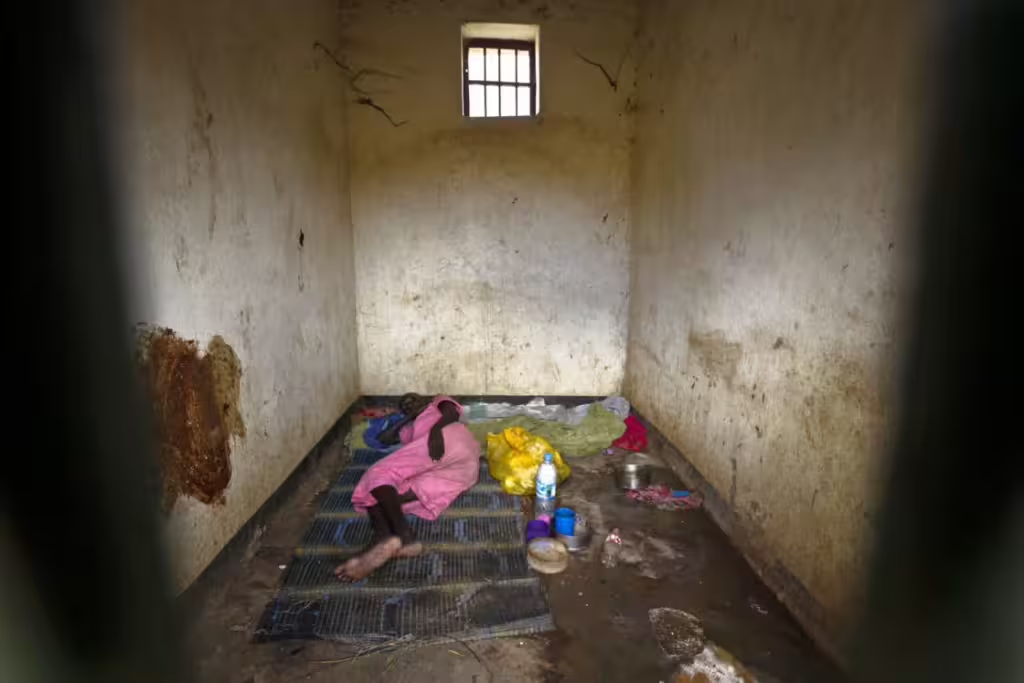The Transitional National Legislative Assembly (TNLA) on Monday summoned three ministers; Angelina Teny of Interior, Ruben Madol Arol of Justice and Ayaa Benjamin Warile of Gender Child and Social Welfare, to answer questions on the status of the Juba National Prison.
This comes after the chairperson of the Committee for Human Rights and Humanitarian Affairs, William Othwonh Awer, tabled a report about their visit to the police custodies and the Juba National Prison where they encountered poor living conditions and overcrowding.
Awer said the committee found serious congestion in the Juba National Prison, saying it could no longer accommodate the inmates safely.
The Juba National Prison, he noted, was built for 500 inmates, but was currently hosting over 2,000, including several who had gone for as long as six months without trial.
“The buildings are very old and small in size. The cells are few and extremely dirty,” he said, adding that in the Malakia custody, there was an accused person who had been detained for over six months without trial.
Furthermore, he added, the police custodies such as the New Site and Gudele are very small and can hardly accommodate many inmates.
“On May 20, 2024, the committee visited the New Site and Western police divisions and Buaba police station. New Site division has only two small cells, with over 72 inmates,” he said.
He recommended that some inmates be transferred to the states and be engaged in economic activities such as agriculture, while the government considers building larger prisons.
Oliver Mori Benjamin emphasized that the report discovered the pathetic status of the Juba National Prison and the city police custodies.
“This report relates to the situation of the central prison, the police stations, the places where the accused are being detained and according to it, it was really awful,” Mori said.
Mori said the report indicated that the situation in Juba National Prison and in all the police stations within the capital were horrible and revealed that adults were being mixed with children in the same room.
“There is no medical attention provided to people detained in Juba prison, and even where cases qualified to be urgent, the court processes were delayed,” he added.
The committee said the status of the inmates was an abuse of their human rights and the members felt that discussing the report required the presence of the summoned ministers.




